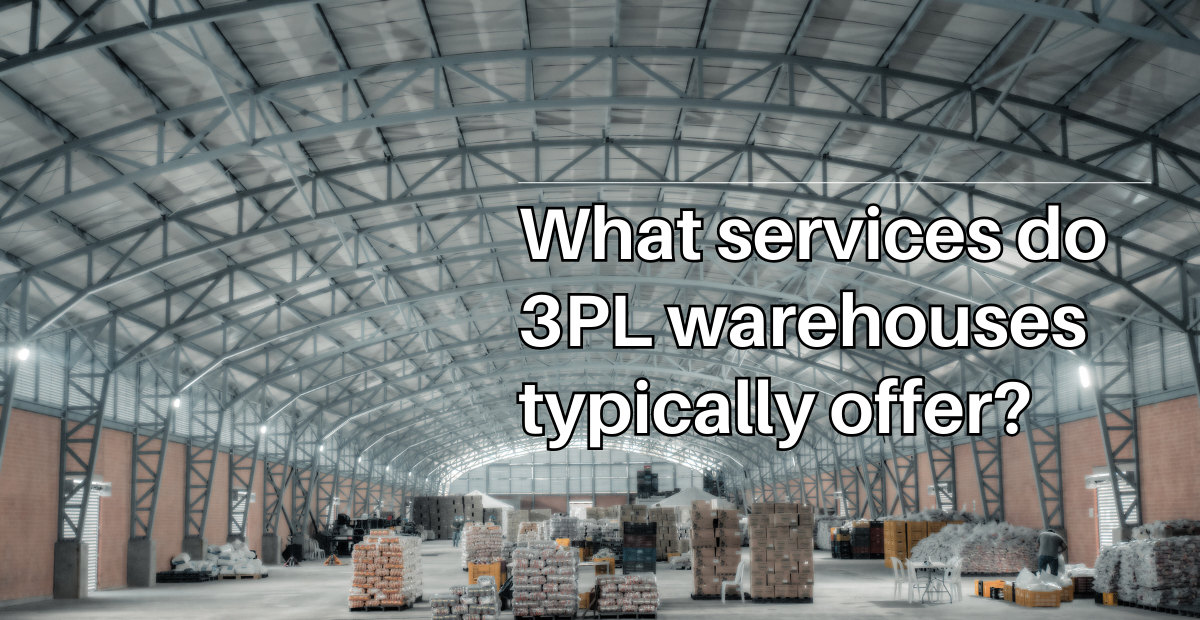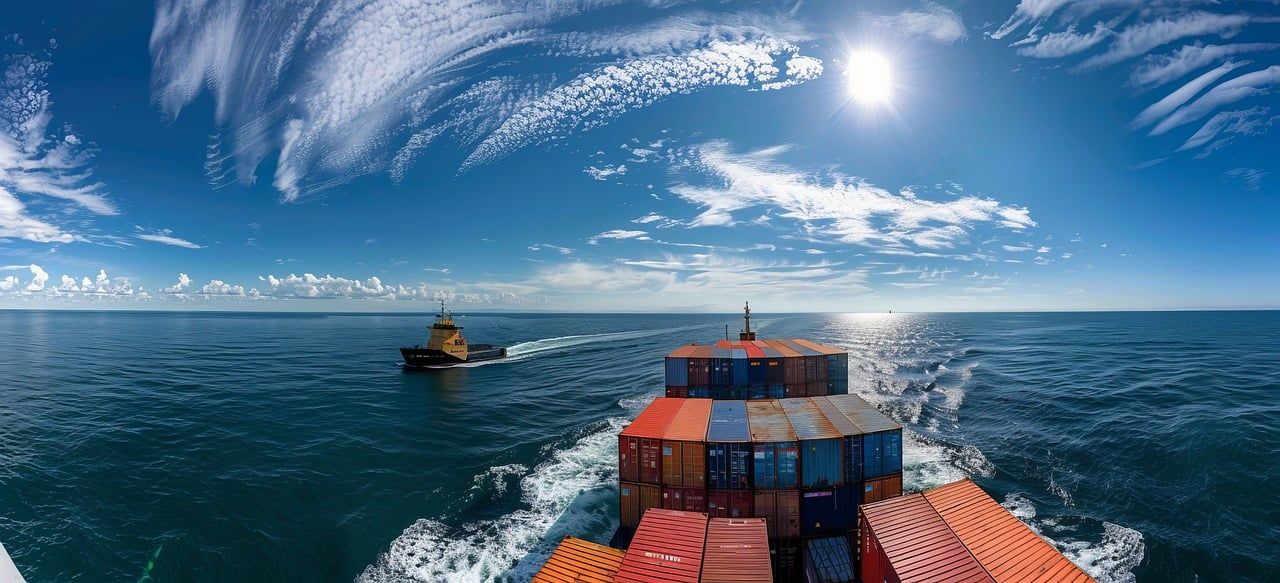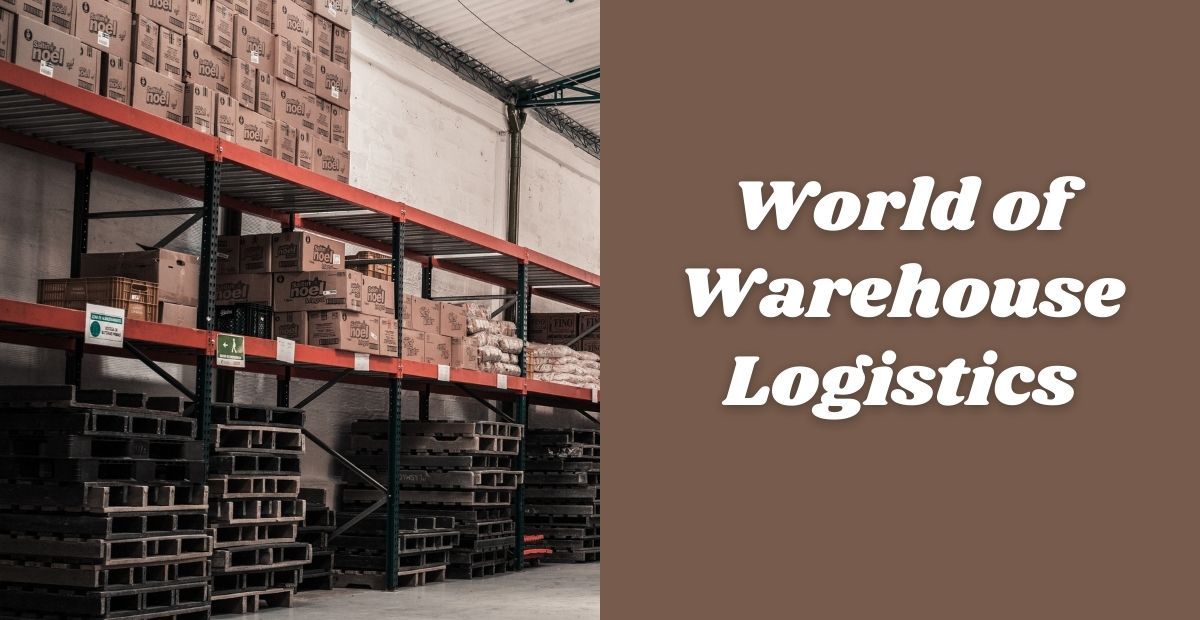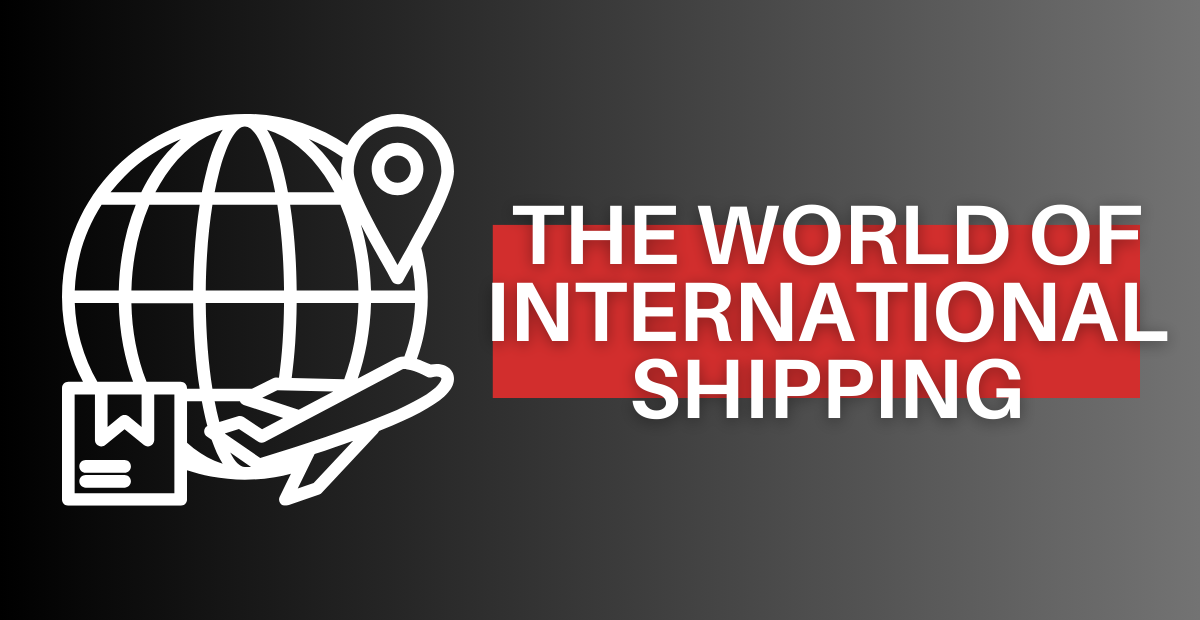What services do 3PL warehouses typically offer?
3PL warehouse services offer a variety of services designed to manage and optimize the supply chain for businesses.
Their service includes warehousing and storage, order fulfillment, distribution and transportation management, returns management, value added services, freight consolidation, customs brokerage and more.



